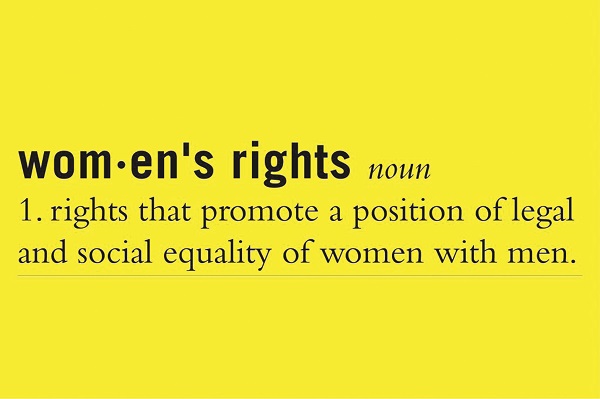Archive
Economist works to build leaders and bridges between men and women
March 4, 2015 · 0 Comments

By Brock Weir
It is a decades-old picture that remains fresh in the mind of Carole Houlihan.
As a university student, the Snowball-based economist was travelling in some of Morocco’s more remote, isolated areas when she came across a couple making their way along the road. It might have been an everyday sight for people living in the area but, put in a wider context, it spoke volumes.
“It was a woman walking along with her husband,” she recalls. “They had a donkey weighted down with sticks, the woman was weighted down with sticks, and the man was walking along carrying a stick. She was basically working like a beast of burden, as the animal was, and I thought, what’s wrong with this picture?”
That question has continued to inform Ms. Houlihan’s work. As an economist, she has parlayed her area of expertise into a consultancy career, working not just here in North America, but back in Africa, as well as Asia and Eastern Europe. Currently, she is working on a leadership project in the Caribbean funded by the Canadian government which aims to train public servants in 12 countries on the issues of gender equality and diversity.
“It is getting people to understand the importance of evidence-based policy making, so that we put aside our assumptions and we don’t go into a situation assuming we know what the answer is,” says Ms. Houlihan. “We encourage people to collect data, look at statistics, see where the gaps are, and then make a decision based on what they see.”
In the Caribbean, a common challenge is young people dropping out of high school. Young men and women, as they do in so many parts around the world, often drop out for different reasons. There might be an assumption that this is a trend more common for young men than women as men often drop out to seek work and are out in public more, whereas young women often drop out due to pregnancy.
“The girls who drop out tend to be more in their homes, so they are not as visible,” she explains. “The data is actually quite similar.”
Ms. Houlihan hopes to challenge the public on their assumptions at the Aurora Public Library this Thursday night, March 5, at 7 p.m., participating in a four-woman human rights panel held in conjunction with International Women’s Day. Bringing together a group of advocates for the rights of women locally, nationally, and internationally, Ms. Houlihan says this is a particularly timely discussion to have.
“We’re getting a lot of information about women living in the Muslim world and I think some of the issues we’ll be addressing in terms of human rights and economic rights, participation in civil society and in politics are issues that are in the news all the time,” she says. “There are so many issues happening out there and I think it is important that the women’s perspective comes into it and people start to understand what the issues are that lie behind those perspectives.”
Since she graduated from university and entered into the fields of economics and development, Ms. Houlihan says there has been a marked improvement in women’s lives in most countries, but challenges remain common across the board, whether it is the education of women, ensuring women can earn a living without migrating to cities, as well as housing.
“A lot of it is creating an environment and changing values and attitudes so women are able to be in the workforce,” she says of the biggest roadblocks in addressing these challenges. “In many countries you have a very large labour force participation by women but, in some countries, there are still barriers to what women are able to do. It is also allowing men and women to pursue their careers and their dreams, and not limit them based on gender stereotypes. If a boys want to be nurses, why should they not be able to? Why should we channel boys in one direction and women in another?”
Here at home, a particular challenge is getting more girls and women into the fields of science, technology, engineering and math. Ms. Houlihan says she hasn’t quite cracked just why women are underrepresented in those fields, but strides need to be made.
“It is important to work with young people, with boys and girls,” she says. “We’re seeing situations where boys are falling behind girls in school and I think we really need to understand the dynamics of those issues and the challenges so we allow boys and girls to reach their potential.”
“Canada is a big supporter of gender equality and I would like that to continue,” she adds, of what she hopes members of the public take away from Thursday’s panel. “I would like people to be aware of that importance so they continue to support foreign aid overseas to support gender equality issues. The panel looks like a really interesting group of women, so I am just all ears to hear what they have to say.”











